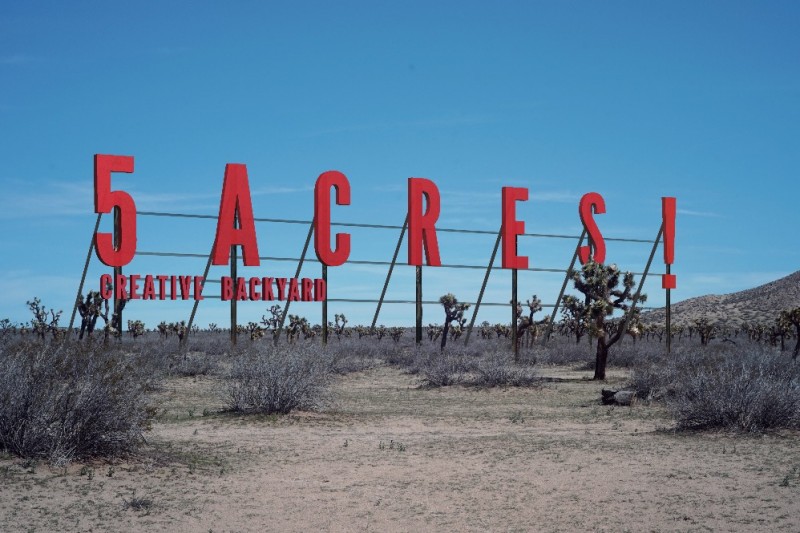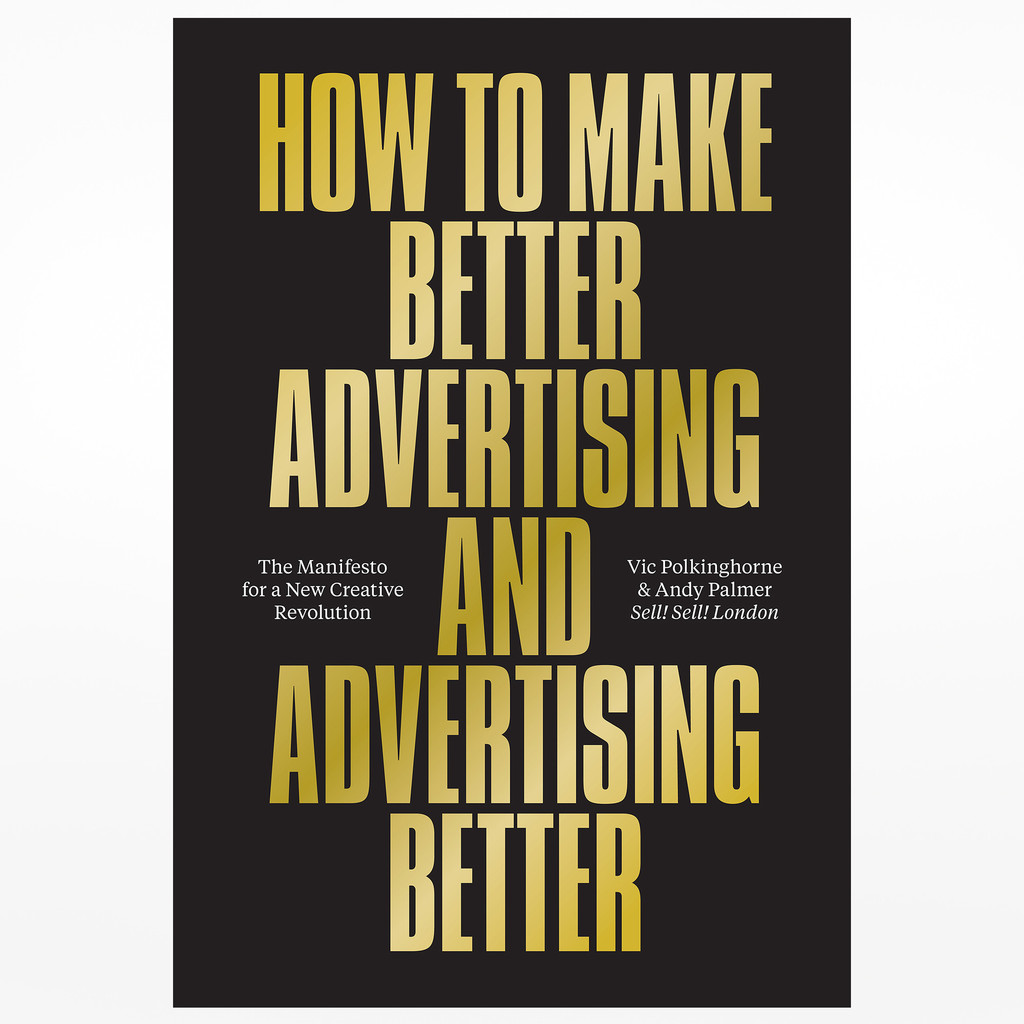Chestnut brown canary, ruby throated sparrow, sing a song, don’t be long, thrill me to the weekend.
How is Japan even real? (Thanks, D.):
Hand art illusions:
Muppets doing So Watcha Want? (Thanks, J):
Coppola and De Palma Have a conversation about The Conversation (thanks, T).
Buzzfeed got people high then showed them a sloth (thanks, T).
Get yourself some cash money clipz (thanks, J2).
Ghosts of architecture past (thanks, D).
British words all Americans must learn (thanks, D).
Scorsese! De Niro! Foster! Schrader! Oral history of Taxi Driver (thanks, A).
Great TED talk on procrastination (thanks, F):

